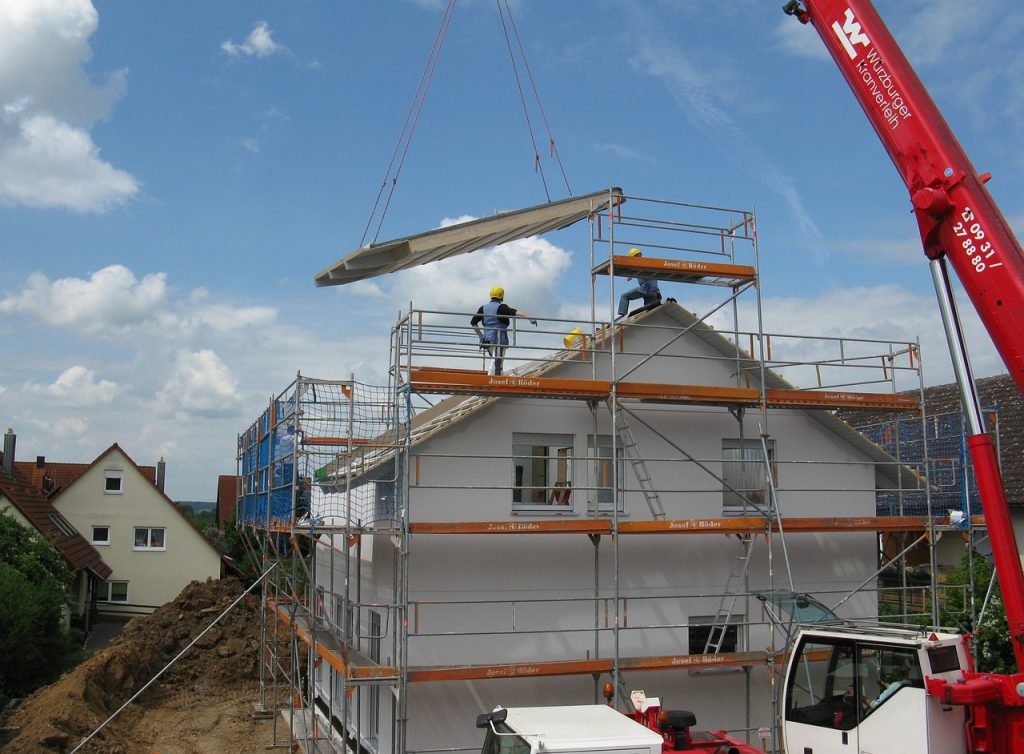
SCOPE FOR BUSINESS LTD
Old Docks House, 90 Watery Ln,
Ashton-on-Ribble, Preston PR2 1AU
TRADESCOPE – Here to help
Help with Building Noise

Noise regulations and laws vary from one council to another, but there are some common principles and categories that they typically cover. Noise regulations are in place to protect the health, safety, and quality of life for residents and to mitigate disturbances caused by excessive noise. Here are some key aspects of noise regulation and the law:
Noise Ordinances: Many cities and towns have noise ordinances that set specific noise limits for different times of the day and types of areas (residential, commercial, industrial). These ordinances often designate “quiet hours” during which noise restrictions are more stringent, typically during the night.
Decibel Limits: Noise regulations often specify maximum allowable noise levels in decibels (dB) for various activities and zones. For example, residential areas may have lower decibel limits compared to commercial or industrial areas.
Specific Noise Sources: Regulations may target specific noise sources, such as construction activities, car alarms, music venues, and more. Each source may have its own set of rules and restrictions.
Zoning and Land Use: Noise regulations may consider the zoning of an area. Residential zones are typically expected to have lower noise levels than industrial or commercial zones. Zoning laws can restrict certain noisy activities in residential areas.
Nuisance Laws: Noise that constitutes a “public nuisance” can be subject to legal action. A public nuisance is an activity that interferes with the reasonable enjoyment and use of property by the community.
Time Restrictions: As mentioned earlier, many noise ordinances include time-based restrictions, limiting the intensity of noise during nighttime hours to protect the peace and quiet of residential areas.
Special Events: For events like concerts, festivals, or parades, cities may require event organizers to obtain permits and adhere to specific noise restrictions.
Enforcement: Noise regulations are enforced by local authorities, typically the police or a noise control officer. Violators may receive warnings, fines, or even have their equipment or permits revoked.
Exemptions: Some regulations may include exemptions for certain activities, like emergency services or necessary construction work during daytime hours. These exemptions are typically outlined in the law.
Complaint Mechanisms: Most jurisdictions have mechanisms for residents to report noise complaints to local authorities, allowing them to investigate and address potential violations.
It’s essential to research and understand the specific noise regulations in your area, as they can vary significantly. If you are experiencing issues with noise and believe it is in violation of local noise ordinances, you may want to contact your local council to address the situation. Be aware that certain noise sources, such as aircraft and trains, may be subject to regulations, so you may need to contact the relevant authority in those cases.

SCOPE FOR BUSINESS LTD
Old Docks House, 90 Watery Ln,
Ashton-on-Ribble, Preston PR2 1AU